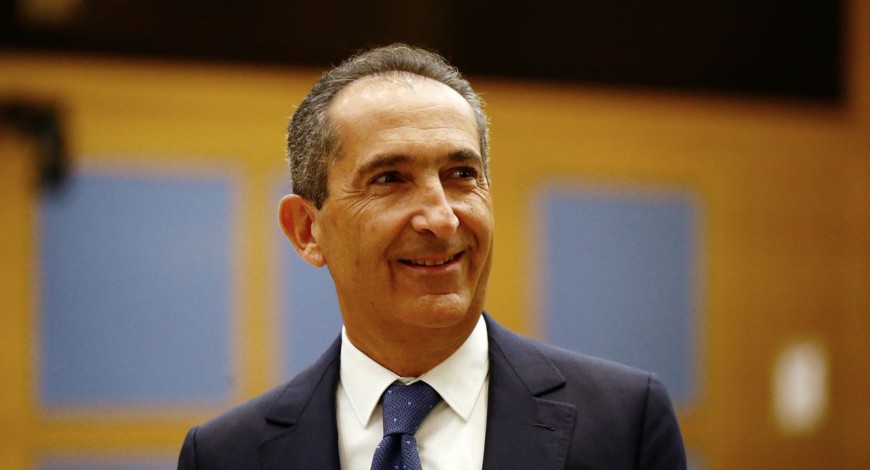International Circuit
UK will not take action over Drahi’s stake in BT

Billionaire Patrick Drahi will not be forced to cut his 18% stake in BT Group (BT.L) after the British government ruled the investment posed no national security implications.
BT, Britain’s largest mobile and broadband company which is building the national fibre network, said on Tuesday the government would not take any action after it examined the stake-build by the Franco-Israeli entrepreneur.
The government noted that under its powers any future transaction could be subject to a separate assessment.
Drahi is BT’s biggest shareholder and has previously pursued debt-fuelled deals to buy assets in France, the United States, Portugal and Israel. He bought 12.1% of BT last year before increasing his holding to 18%.
He said at the time that he did not plan a full takeover and backed its board and management as it rolls out fibre across the country.
Britain introduced new national security legislation earlier this year, giving it powers to scrutinise and intervene in acquisitions to prevent foreign takeovers from damaging resilience in sectors such as defence, digital and energy.
Drahi’s increase in his holding to 18% drew a blunt response from the government at the time, which said it was committed to improving the country’s digital infrastructure and would not hesitate to act to protect its telecom assets.
It said in May it would “call in” the deal, to examine the implications further.
The government said it had decided not to take any action but noted: “Under the National Security and Investment Act, acquisitions are assessed on a case by case basis, so any future transaction could be subject to a separate assessment under the Act”.
The announcement of a government investigation had knocked BT’s shares on the day. On Tuesday they were up 2.5% as of, giving BT a market valuation of 16 billion pounds ($18.8 billion).
BT is currently having to navigate a difficult path, seeking to rapidly build a new fibre network while the economy deteriorates and more than 40,000 of its staff hold strike action over pay.
Its shares have recovered from the lows of the pandemic but remain well below a 2016 peak which came before five years of revenue decline. Results in July showed sales growth in the first quarter, helped by above-inflation price rises.
BT’s second largest shareholder is Germany’s Deutsche Telekom (DTEGn.DE) which owns around 12%, giving two major foreign peers sizeable stakes in Britain’s biggest telecoms company. Reuters




